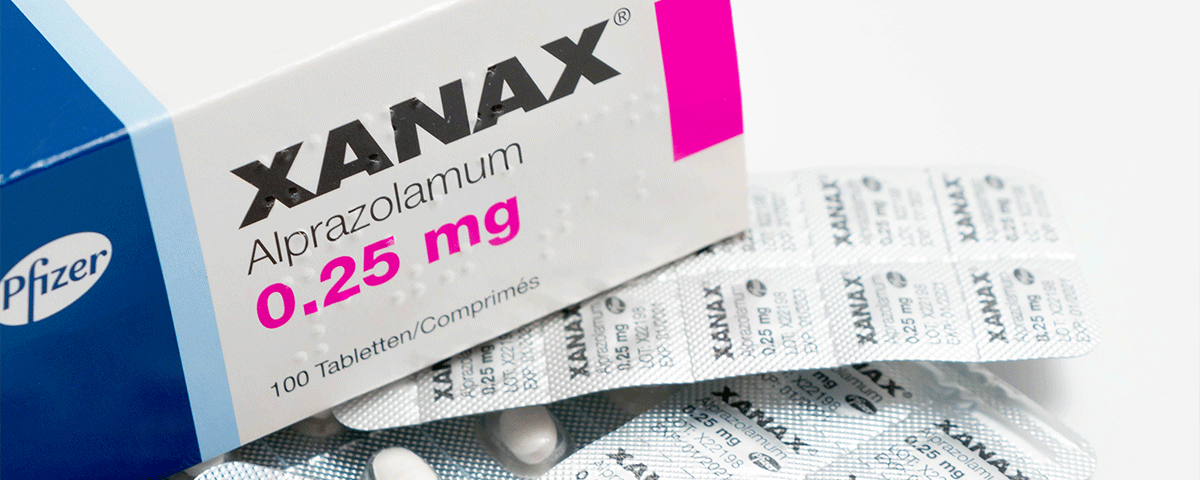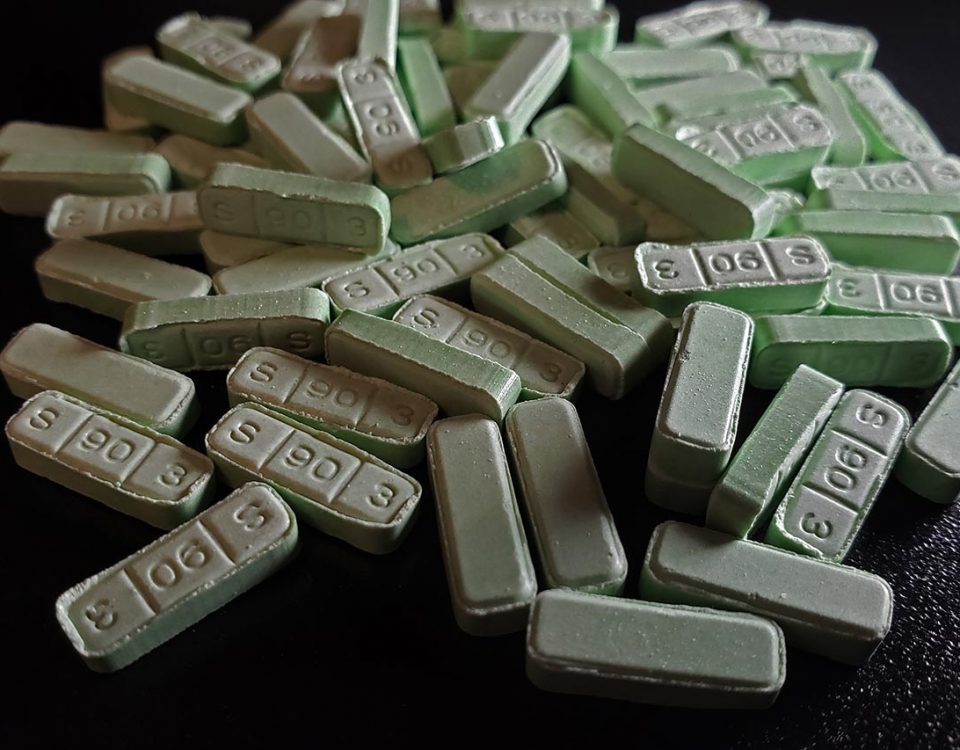Benzodiazepines (benzos) are a class of drugs normally used to treat anxiety, panic disorders, seizures, and insomnia.
Also called tranquilizers, benzos are used for their sedative effects. As a drug and alcohol treatment center in Chicago, we know that these prescription drugs have a high potential for abuse, and many people who misuse them quickly develop an addiction to them. The misuse or abuse of benzos can lead to an overdose, which can be life-threatening if not properly addressed. We’re sharing what to do when a benzo overdose happens and the signs you should look out for.
How Benzos Work
Like other drugs, benzodiazepines affect the brain by inducing the release of certain neurotransmitters. These are chemicals that are released by the brain to communicate with other nerves. One of these chemicals is gamma-aminobutyric acid (GABA), a neurotransmitter that suppresses or inhibits nerve activity. This is why benzos are ideal prescription medications for individuals who suffer from seizures. GABA suppresses the overactivity of nerves in the brain; however, these medications are also addictive. At Banyan Treatment Centers Chicago, we’ve helped many patients with a dependence on benzos recover with our benzo treatment program. Treating the addiction is the best way to prevent an overdose.
What Happens When You Overdose On Benzodiazepines?
When taken as directed, benzos should never cause an overdose, but not everyone is as careful as they should be. People have been abusing benzo medications, including Valium and Xanax, for years because these cause a euphoric high when taken in high doses. The sedative feelings of peace and relaxation produced by high doses of benzos are what draws users in. As the person continues to use the same amount, their body may become tolerant and require more of the drug to experience the same high. A person may also begin abusing these drugs if the maximum dose no longer provides relief from their ailments. A benzodiazepine overdose is often the result of relapse. When a person stops using benzos and suddenly takes the same dose as they did before, they can overdose because they lack the same physical tolerance.
Benzos are central nervous system depressants that attack the part of the brain that controls some bodily functions, including breathing and heart rate. During an overdose, these functions are directly affected. The most dangerous aspect of overdosing on benzos is severely slowed breathing. When the brain doesn’t receive enough oxygen, cell death can occur. Other signs of a benzodiazepine overdose include:
- Drowsiness
- Confusion
- Dizziness
- Slurred speech
- Blurred vision
- Weakness
- Blue fingernails or lips
- Uncoordinated movements
- Shaking and tremors
- Difficulty breathing
- Coma
In addition to these benzo overdose symptoms, other physical side effects that high doses of these medications can cause include slowed reflexes, mood swings, erratic behavior, and euphoria. A person addicted to benzos is more likely to suffer from an overdose. Banyan Chicago offers residential drug treatment for individuals who are addicted to these drugs and need help getting sober.
What to Do When a Benzo Overdose Happens
Benzo overdose death can occur if a person fails to recognize the signs of an overdose or fails to take the proper steps in getting help. If you realize that a person is overdosing on benzos, the first thing you should do is call 9-1-1. Immediate medical attention is necessary during an overdose, especially if the person is unconscious. As you wait for help to arrive, make sure the person is sitting upright and try to keep them as calm as possible
If you or a loved one has experienced a drug overdose, it may indicate a more serious problem. Overdose is a major risk for people with drug addictions. If you’re one of these people, we can help. Call us now at 888-280-4763 for more information about our levels of care.
Related Reading:









